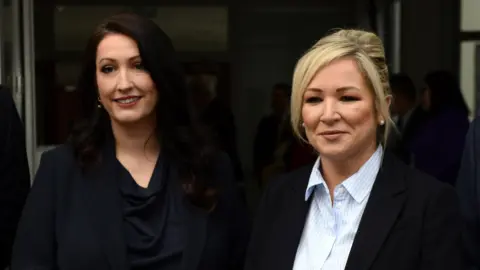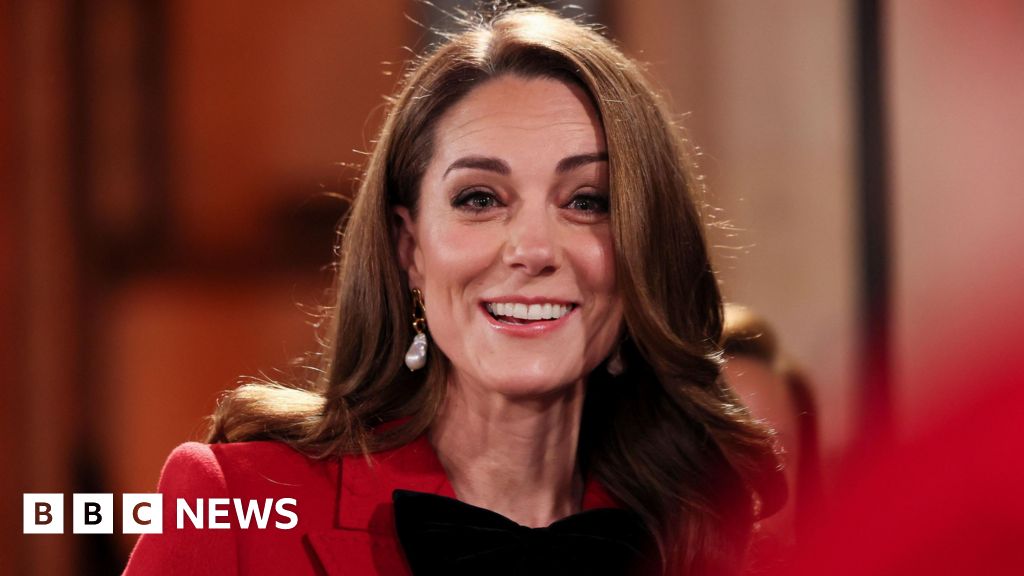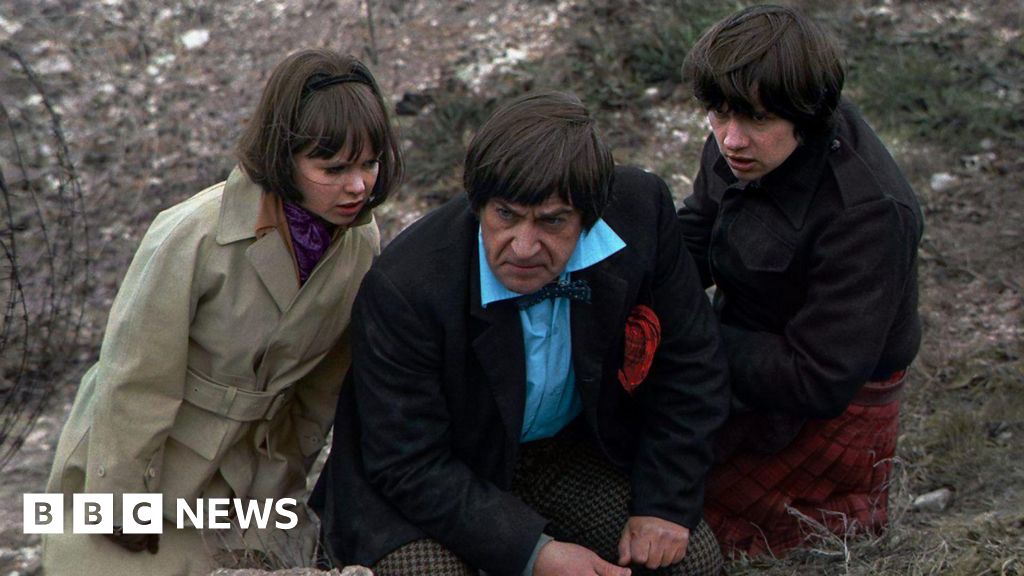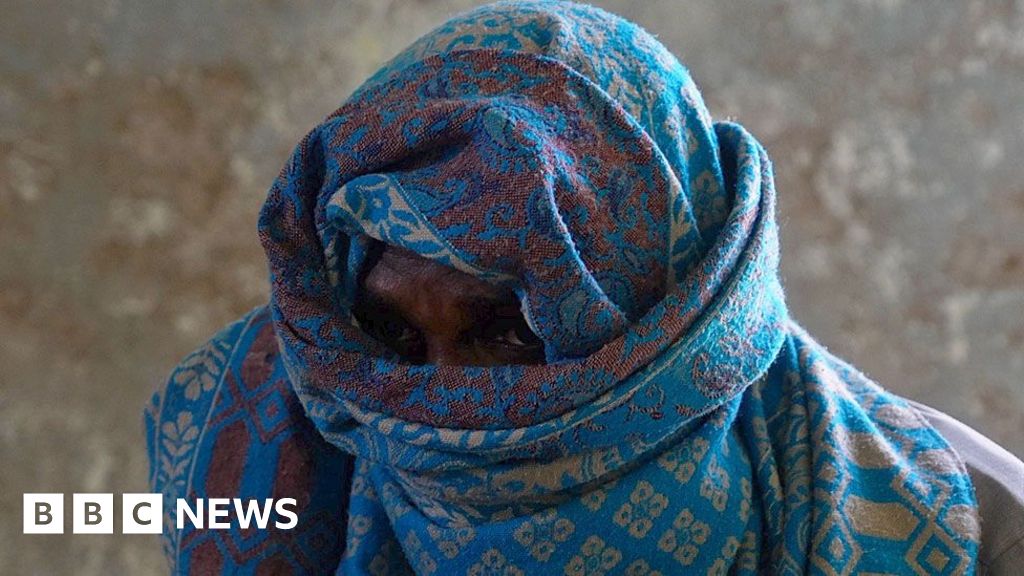
 EPA
EPA
The Northern Ireland Executive finally hopes to agree a draft programme for government more than seven months after the return of Stormont.
The failure to agree one so far has been heavily criticised.
It is understood the politicians hope to sign off a draft programme at an executive meeting later on Thursday.
But if they do it, we will not find out what is in it until Monday because convention dictates it is shown to assembly members first before the public gets to see it.
Programmes for government are published by the devolved governments as a way to set and measure long-term goals.
The Scottish government published its own programme for government on Tuesday but agreeing one among a four-party mandatory coalition, with sometimes competing agendas, is more difficult.
And for all the positive noises coming out of Stormont following the Democratic Unionist Party's two-year boycott the failure to agree one so far has thrown an unwelcome focus on Stormont's perceived failings.
The last time a Stormont executive managed to agree a programme for government was for the period 2011 - 2015.
They also agreed one in 2016 which went out to public consultation. But before it could be passed the Sinn Féin deputy first minister Martin McGuiness resigned in January 2017 and the executive fell.
When the executive returned in January 2020, Covid quickly came to dominate business and scuppered any chance of a programme for government being agreed.
The SDLP MLA (member of the legislative assembly) Matthew O'Toole, Stormont's leader of the opposition, said recently that while acknowledging the positive images emerging over the past few months "the public is beginning to wake up to the fact that the parade of motions brought before the assembly by executive parties are totally meaningless when it comes to the issues they are dealing with".
Ann Watt, director of the think tank Pivotal issued a report this week which, while recognising some progress had been made, said the failure to agree a programme for government was "a big shortcoming".
Analysis: Meaningful business
Mere survival is not enough.
Governments are not judged by smiley photo opportunities alone.
The vibes coming out of the executive remain good seven months after its return.
We no longer wonder from day-to-day if it will survive.
But we do wonder when it will begin to bring forward some meaningful business which will make a difference to people's lives.
Governments exist to govern and that usually involves setting out the actions they intend to take in future, including a programme of legislation they want to pass.
That is what they are judged by in the long term, not merely the ability to bury deep-rooted constitutional differences, but to govern for the common good.
It is in that vein inisters will meet around the executive table.
It is hoped they will sign off a draft programme for government which should quieten the critics.
But this being Stormont, we will really only truly believe it when we see it

 3 months ago
15
3 months ago
15









